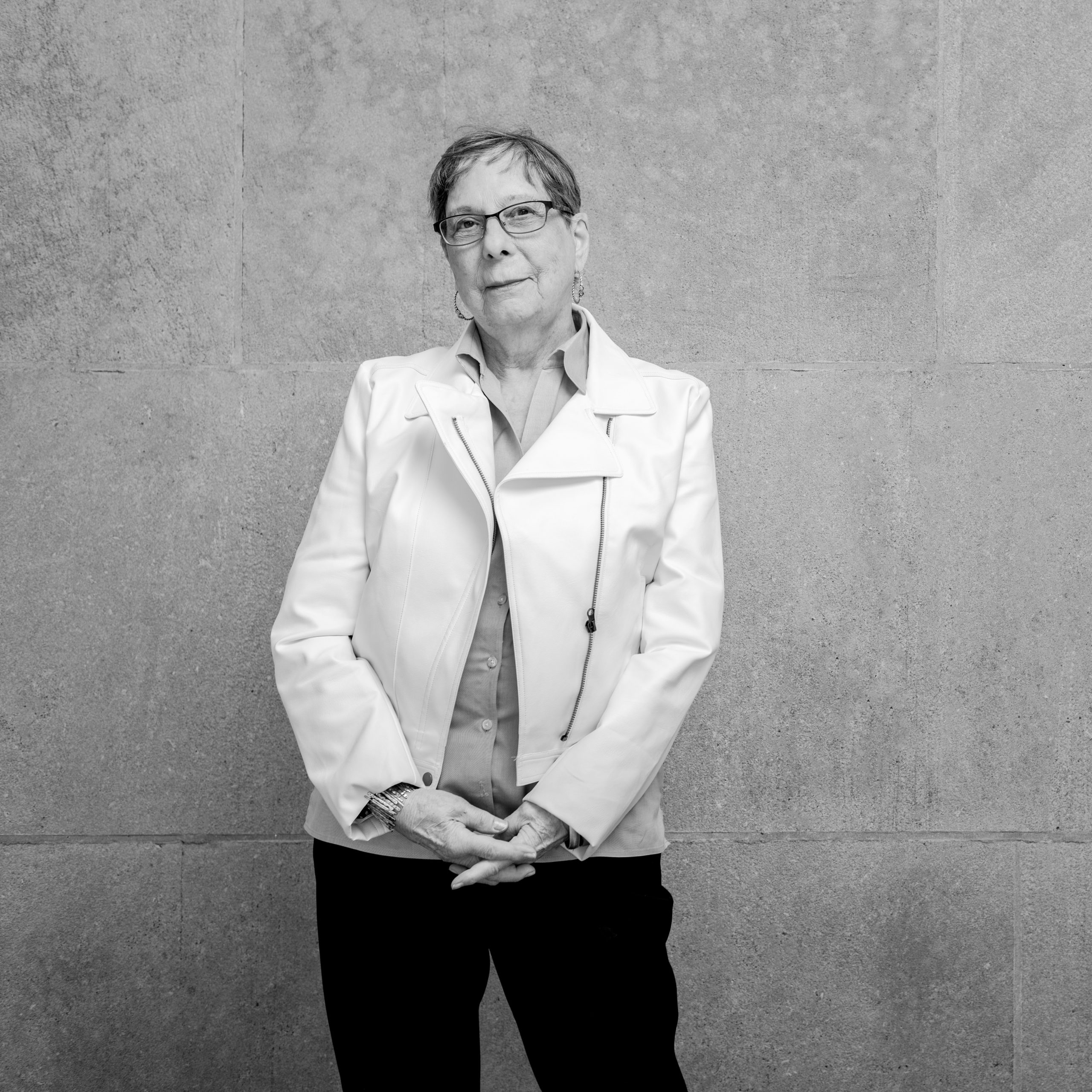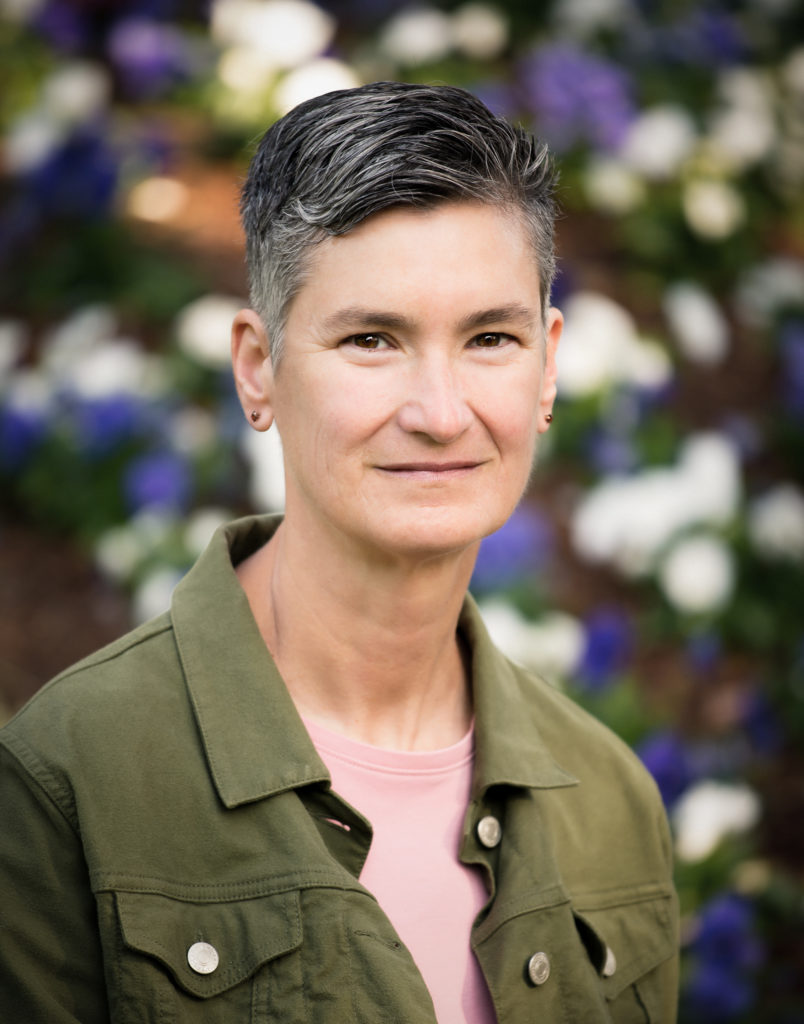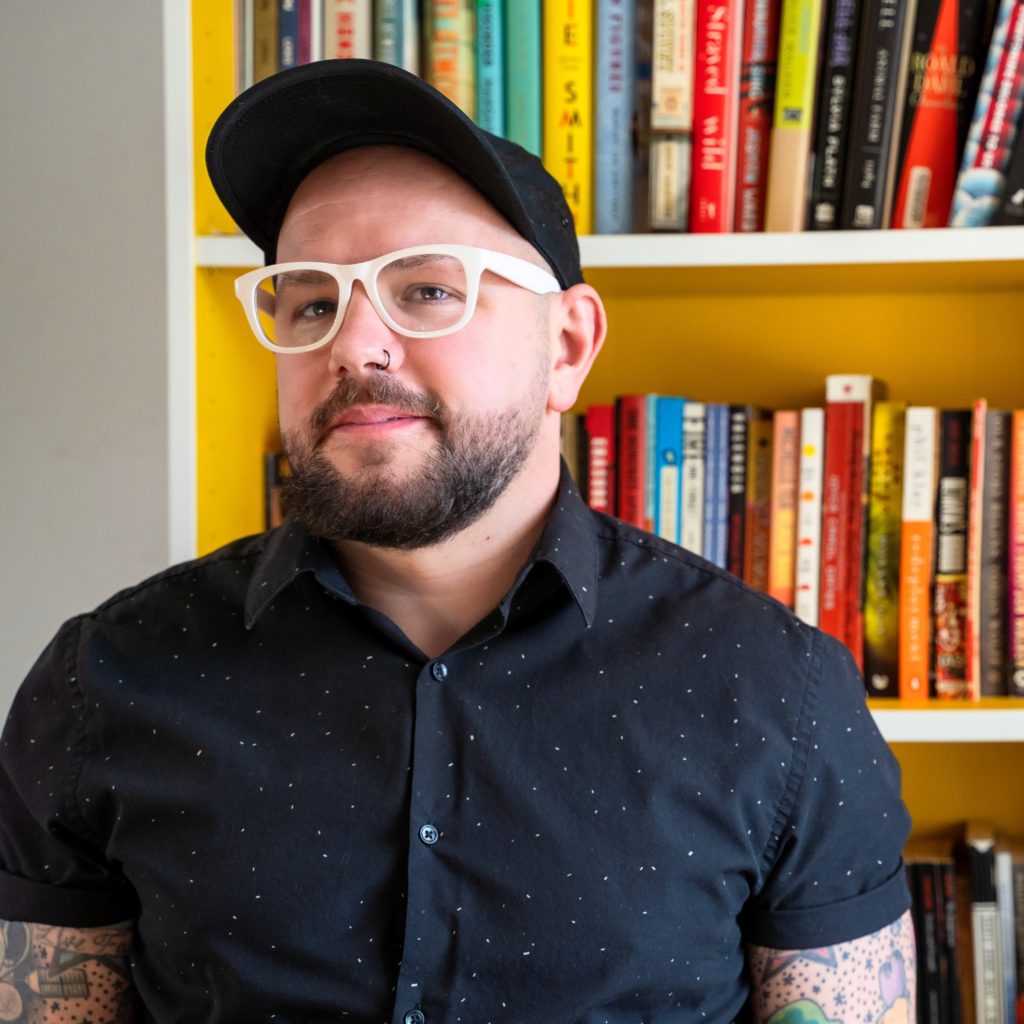THE WWPH TOP 5 INTERVIEWS…
 with GRACE CAVALIERI, one of the founders of WWPH
with GRACE CAVALIERI, one of the founders of WWPH
The Top Five Interview with our 2022 Award-winning authors
with SUZANNE FELDMAN

author of THE WITCH BOTTLE AND OTHER STORIES, winner of the 2022 Fiction Award from the Washington Writers Publishing House
#1 Do you have a literary quote that you keep near your desk (or a favorite quote)?
I have two. One has to do with Keri Hulme, who wrote The Bone People, a book I admire very much. It isn’t her quote—it’s something I wanted to take from her experience of writing a single book over a long period of time. So, what I have written on my whiteboard is ‘Keri Hulme took twelve years. No rush.’ Those were words to live by when I was writing Absalom’s Daughters, which took me a decade to complete. The other quote is from Somerset Maughn. He said “There are only three rules for writing a novel. Unfortunately, no one knows what they are.” I’ve never read any of his books, but it sounds like he had a great sense of humor.
#2 What advice do you give new writers about publishing their work?
There are so many options for publishing fiction these days, it’s hard to keep track. I’m pretty old school, so I suggest traditional routes—enter contests, try to get your work in small magazines, and so on. Once you have a few credentials, it’s easier to get the attention of an agent who can guide you through the minefield of traditional publishing. I would also advise anyone who is self-publishing or doing it the traditional way to find a publicist they can talk to. My experience has been that getting your foot in the door is one thing. Keeping your foot in the door is quite another, and a good publicist makes all the difference in the world.
#3 If you were on a desert island and could bring only one book with you for a year, what would it be (and why?)
After giving this a lot of thought, I decided that the book I really want to read, reread, and learn from is One Hundred Years of Solitude by Gabriel Garcia Marquez. I love that book so much. I try to read it every couple of years just to be on vacation inside Marquez’s mind.
#4 Do you have a word or phrase or image that you keep returning to in your writing (and why)?
I write about the relationships between women, both straight and Lesbian. I tend to default to the love and tension between sisters. I never had a sister, but I’m obsessed with this particular dynamic.
#5 What is the most essential thing about your new short story collection, “The Witch Bottle and Other Stories” you want readers to know?
I hope everyone enjoys these stories. I wrote some of them just for laughs, but a few are about people struggling to make the best of their given circumstances. I tend to write optimistic outcomes—which doesn’t mean that every story has a happy ending—as in life, they don’t. But I always try to give my characters the benefit of the doubt.
Learn more about Suzanne Feldman here.

with TONEE (ANTHONY) MOLL
winner of the 2022 Jean Feldman Poetry Award for YOU CANNOT SAVE HERE
#1 Do you have a literary quote that you keep near your desk (or a favorite quote)?
All over my home I have poems and quotes that are meaningful to me hung up. Sometimes they’re more permanent, sometimes they’re meant to be temporary. Like, we have a felt letter board that I update every couple of months, and I have literary quotes written in dry-erase marker on several mirrors around the house. (I even mention this in one of the poems in You Cannot Save Here!) Even at work, I have some of my favorite poems hung up on the door of my office. Like so many writers and readers, I also have a favorite quote or two tattooed into my skin.
I’m the sort that has a hard time picking favorites, but one I come back to often because it offers essential lessons in both life and in writing, are those famous lines that come from Rilke’s “Go to the Limits of Your Longing,” translated by Joanna Macy:
Let everything happen to you: beauty and terror.
Just keep going. No feeling is final.
#2 What advice do you give new writers about publishing their work?
It sounds pessimistic, but what I’m about to say is really about the resilience needed to find the right home for your work: be emotionally and intellectually ready for “no.”
Incredible authors at every level of their career get rejections from journals, agents, grants, jobs, etc. Rejection is a normal part of the publishing journey, no matter how skilled a writer is. Writers who take this poorly sometimes end up making fools of themselves on social media or in nasty email responses to editors (which often then find their way to social media). Instead, acknowledge that “no” is a normal part of publishing, and let it light a fire to strengthen your work and/or bolster your efforts to find the right audience for it.
Because “no” isn’t a bad thing. Sometimes, it can be a blessing in disguise for work that isn’t ready to have a particular platform yet. (I’m thinking about myself as a [not very skilled] writer still in college, fruitlessly submitting my end-stopped, rhyming sonnets to Ploughshares.) Other times, strong writing can just not fit with the particular vision of an issue, an editor, or a publication. When I’ve worked on journals, I’ve had to reject plenty of absolutely gorgeous, skilled writing that just didn’t fit, even from writers who I admire or who I know and love.
So don’t dwell on any “no”—just keep writing, submitting, and moving forward.
#3 If you were on a desert island and could bring only one book with you for a year, what would it be (and why?)
The more I think about it, the more I consider how 2020 made questions like this less hypothetical for many of us, how we found ourselves isolated and scared and turning to literature to get us through a precarious year. What got me through that desert island year were the works of Toni Morrison, Octavia Butler, and Vivian Gornick.
#4 Do you have a word or phrase or image that you keep returning to in your writing (and why)?
Part of what You Cannot Save Here is about is how, for years, I couldn’t stop thinking about what it meant to be a writer during a period of disaster. Apocalyptic literature has been an obsession of mine as both a reader and a writer since I read The Stand at a much-too-early age. Now living in a period of war, climate disaster, political unrest, and a global pandemic, it’s hard not to be preoccupied with the images and tropes associated with collapse. It’s hard not to ask oneself ‘why spend my days writing poetry when the world is on fire?’
So I keep returning to apocalypse, as a word, as an idea, as a trope, in my writing. Of course, 30 of the poems in You Cannot Save Here are titled “You Cannot Save Here,” so I guess I’ve been returning specifically to that phrase for a few years now too.
I’m also sort of fixated on what we call collapse and the end of a world or civilization. There are so many gorgeous names across cultures, histories, literatures, and mythologies for how we refer to the end times. Something that I didn’t realize until I start researching apocalyptic narratives in earnest was that the term “millennial” is related to end-times mythologies (eschatology). We’re a generation named for the end of the world!
#5 What is the most essential thing about your new book you want readers to know?
Apocalyptic poetry is not as pessimistic or gloomy as it sounds! You Cannot Save Here joins a recent trend (and a long history) of poets writing about what it means to be observing collapse. Many writers find that beauty, community, and art can thrive in the ashes of another thing. Apocalyptic poetry can be cautionary, sure, but it can also be epicurean, as in: things are bad, so how do we continue to find joy? Even more urgently, it can be optimistic or futuristic, as in: this is ending, so what are we building to replace it?
Some endings represent the radical possibility of what comes after.
Learn more about Tonee (Anthony) Moll here.
